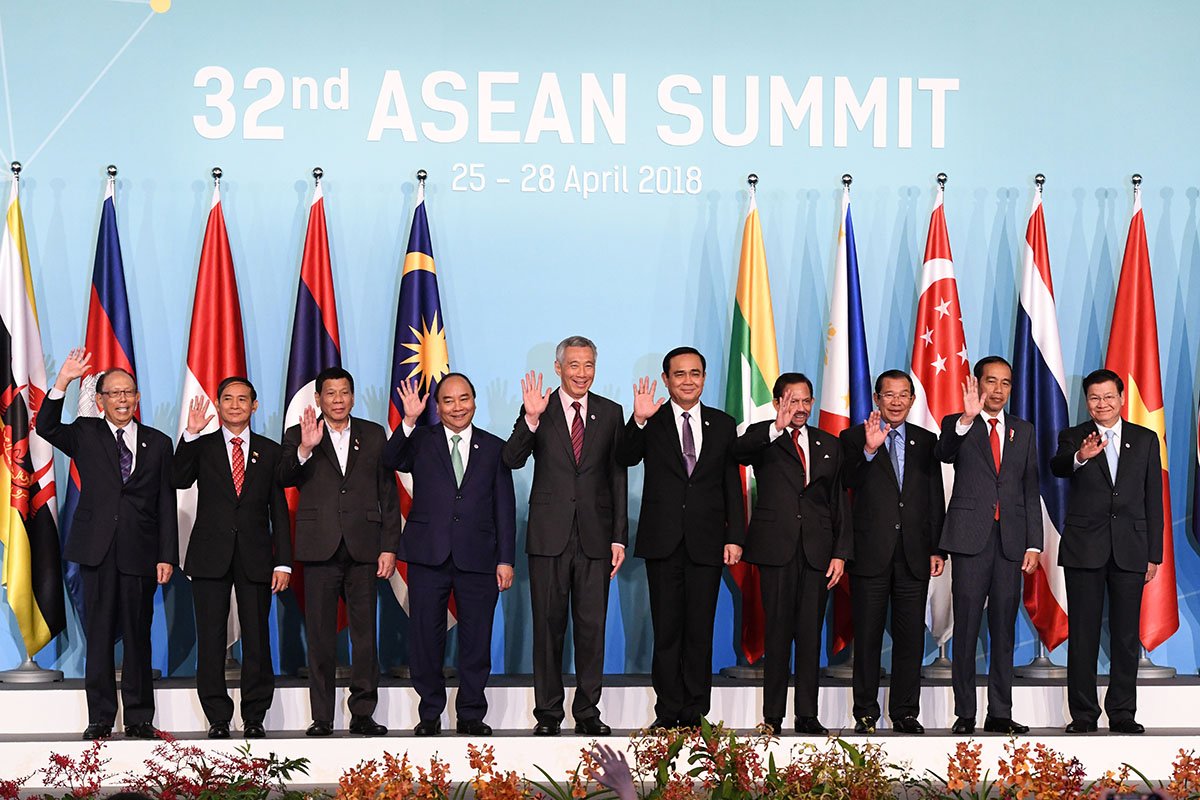By Sherry Qin
Taiwan's central bank has denied speculation that the U.S. asked the island to lift the value of the Taiwan dollar, convening an emergency meeting to urge calm after the currency resumed a blistering rally on Monday.
The Taiwan dollar's appreciation in the past two sessions was fueled by foreign-capital inflows into local markets, as well as a rebound in global stock market sentiment over trade tariff hopes, said Yang Chin-Long, governor of the Central Bank of the Republic of China (Taiwan).
Speaking at an afternoon press conference, Yang sought to quash conjecture that the U.S. had asked Taiwan to boost the value of its currency. The central bank didn't participate in Taiwan-U.S. trade discussions and doesn't manipulate foreign-exchange rates, he said.
The U.S. dollar extended declines against its Taiwan counterpart during Yang's held the presser, dropping 5.8% to reach the lowest since 2022, according to FactSet data. On Friday, the Taiwan dollar posted its biggest one-day gain since 1988.
Strategists at OCBC pointed to thin market liquidity and the prospects of a U.S.-China trade dialogue as catalysts for the currency's rally. They also noted market "chatter" about possible TWD strength to pre-empt currency manipulation claims in Taipei's trade negotiations with Washington.
"We believe CBC's recent tolerance for TWD appreciation likely reflects a broader policy recalibration rather than a tactical move tied to trade negotiations with U.S.," the strategists wrote in a research note.
Taiwan is on the U.S. Treasury list of trading partners it says merit monitoring over currency practices.
CBC Gov. Yang urged market commentators to not speculate on foreign-exchange moves, and asked local manufacturers to not believe in overly exaggerated or untrue market analysis.
Signals from President Trump over the weekend that he would be open to lowering U.S. tariffs on imports from China have raised tentative hopes that tensions could be de-escalating, following indications from Beijing last week that it could consider negotiations.
Last month, the U.S. president announced broad tariffs on global trading partners, including a 32% levy on Taiwanese goods. Taiwan's cabinet said Saturday that it concluded its first round of in-person tariff talks with the U.S. on May 1.
Taiwan's export-heavy economy and central role in global supply chains leaves it particularly vulnerable to trade disruptions and policy uncertainty. Local currency appreciation would further hurt exporters' profit margins.
Write to Sherry Qin at sherry.qin@wsj.com
(END) Dow Jones Newswires
May 05, 2025 06:42 ET (10:42 GMT)
Copyright (c) 2025 Dow Jones & Company, Inc.






